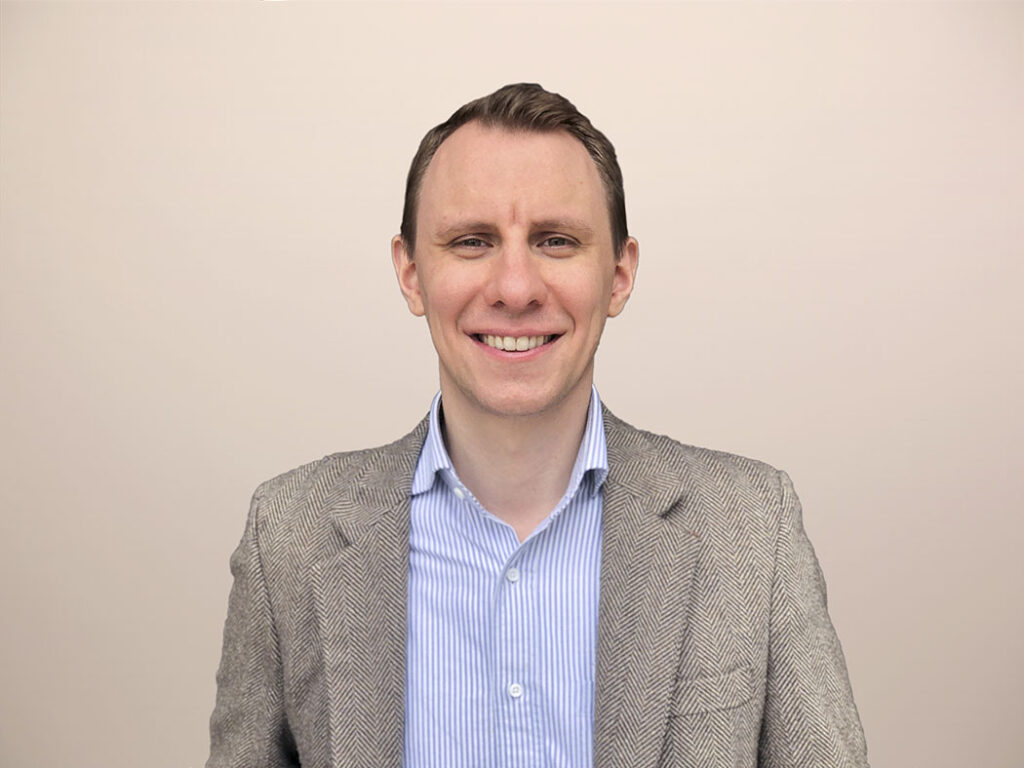Meet John Bratincevic, Forrester’s Newest AD&D Analyst
As a new analyst on Forrester’s application development research team, allow me to introduce myself. Let’s start with what is probably your most pressing question — how to pronounce my surname:
“I’m just going to call you ‘John B.’ Is that OK?”
Yes, of course, no need to suffer. What else would you like to know?
“ . . . Maybe tell me about yourself?”
I’m married, I have two young sons (the youngest was born in December), and I live near Chicago. I’m also a music major, which tells you something important — I’m NOT an engineer. I’m more the madman, artsy, creative type, like Beethoven after the lead poisoning. I’ve also never had an IT job or worked for a software company.
“So if you’re not a tech guy, why are you on the AppDev team?”
I’m so glad you asked! I like to say that I’m a “citizen developer grownup.” As a Lean project manager, I learned how to improve business operations, but when I discovered low-code platforms, it completely changed how I worked. Low-code allowed me to combine my process excellence skills with app development, and I built a consulting business around that concept. Our small team (all business experts and noncoders) developed the apps and taught our clients how to further develop and maintain them. This meant our process improvement projects weren’t just on paper or delivered as PowerPoint slides — they were delivered as digital machines!
“You seem pretty enthusiastic about this. Are you some kind of citizen developer cheerleader?”
Not at all. Remember, I’ve done this work myself (and recently), so I’m very aware of how hard it is to write, implement, and support quality apps that provide actual value. The thing is, transformation is hard no matter who does the work, and good businesspeople lead transformation projects all the time. Low-code just gives them a way to do this work digitally and make it stick.
“But you’re an analyst now. What’s your research plan?”
I want to help clients find and nurture citizen developers in their firms — i.e., business experts who can become leaders of digital transformation using low-code — in a scalable, systematic way. My personal experience has proven to me that this is possible, but there aren’t many standards or best practices, and the low-code market is constantly changing. The core of my research agenda will be to identify and refine formulas for low-code platform selection, governance, centers of excellence, and development practices to support enterprise citizen developer programs. Near-term reports include an analysis of low-code for core systems, low-code testing practices, and a foundational report on the future of the citizen developer.
I’ll also be working closely with John Rymer and Rob Koplowitz (who I’ve known for several years), as well as Forrester colleagues outside the application development and delivery (AD&D) team.
“Are you available for vendor briefings and client inquiries?”
Absolutely, I’ve been taking briefings and inquiries since my first week. Please do reach out, especially if you have thoughts or questions on low–code governance and centers of excellence.
“Describe yourself in one word.”
Intense.
